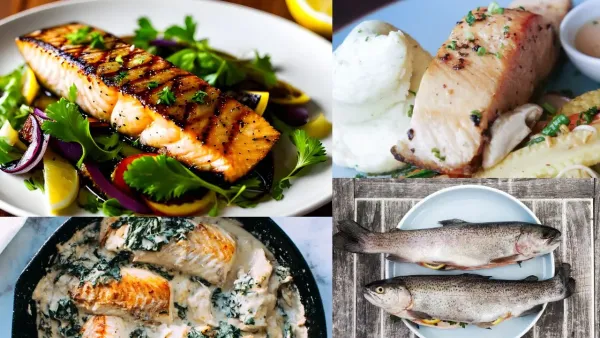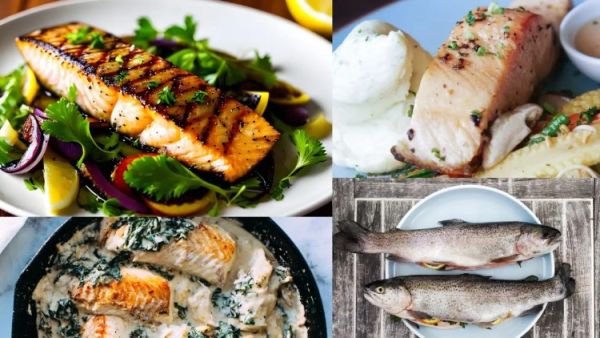
It is generally advised to eat fish in order to get a sufficient amount of omega-3 fatty acids, which have many health advantages.

However, a lot of people worry about the health dangers associated with eating fish during the monsoon season. This advice against eating fish during rainy seasons is due to a number of factors. In the past, there was an abundance of fish that could feed everyone in the oceans around India, including tuna, mackerel, and pomfret. But things started to shift as the population increased and our need for fish remained constant despite advancements and changes.
An important change was brought about by the introduction of mechanical fishing trawlers with large nets and strong 150-horsepower diesel engines. Many aquatic species, even those with little culinary value, were indiscriminately collected by these trawlers. Additionally, the disruption brought about by the trawlers’ operations resulted in the destruction of fish eggs that had been laid on the bottom.
Is Eating Fish During the Monsoon Season Safe?
The love for fish is just unfathomable, regardless of whether you want your fish crispy fried, covered in rich sauces, or seasoned with real Indian flavors. It is a culinary favorite due to its seductive flavor and lovely texture. Fish has many health advantages in addition to tantalizing the taste sensations. Rich in proteins, omega-3 fatty acids, calcium, selenium, vitamin B12, and good fats, fish is a nutritional powerhouse that promotes heart, bone, and brain health. There is no question that include fish in your daily diet improves your general health.
However, in keeping with the goal of adopting healthy eating practices, you have probably come across recommendations that advise against eating fish during the monsoon season. This advice may be discouraging if you like eating fish. However, a number of medical professionals advise against eating fish at this time owing to possible negative effects.
During the monsoon, eat mindfully!
Heavy rains and unhygienic conditions during the monsoon season may foster the growth of bacteria, viruses, and other infections. As a result, it is often advised to avoid eating leafy greens, eggs, meats, and fish during this weather shift. Animal feeding practices serve as the foundation for the reasoning for this precaution.
It’s possible that germs or diseases are present in the hay and leafy greens that animals eat. Humans who eat animal products containing these toxins may have a variety of health problems, including stomach infections, diarrhea, indigestion, and in more extreme situations, possibly fatal illnesses.
Why Is It Not Advisable to Eat Fish During the Monsoon?
Health professionals advise avoiding consuming seafood, especially fish, during the monsoon season for two major reasons:
Fish that are infected by the elevated levels of germs and diseases in the water might subsequently infect people when they are consumed.
During the mating season, fish have physiological changes that may affect their suitability for human consumption.
Notably, in order to preserve the environment and fish spawning, the Indian government prohibits fishing along the beaches for 61 days. Fish that has been canned or preserved may have quality problems while being readily available because of additives and breeding modifications. Therefore, it is better to avoid eating fish during the monsoon season.